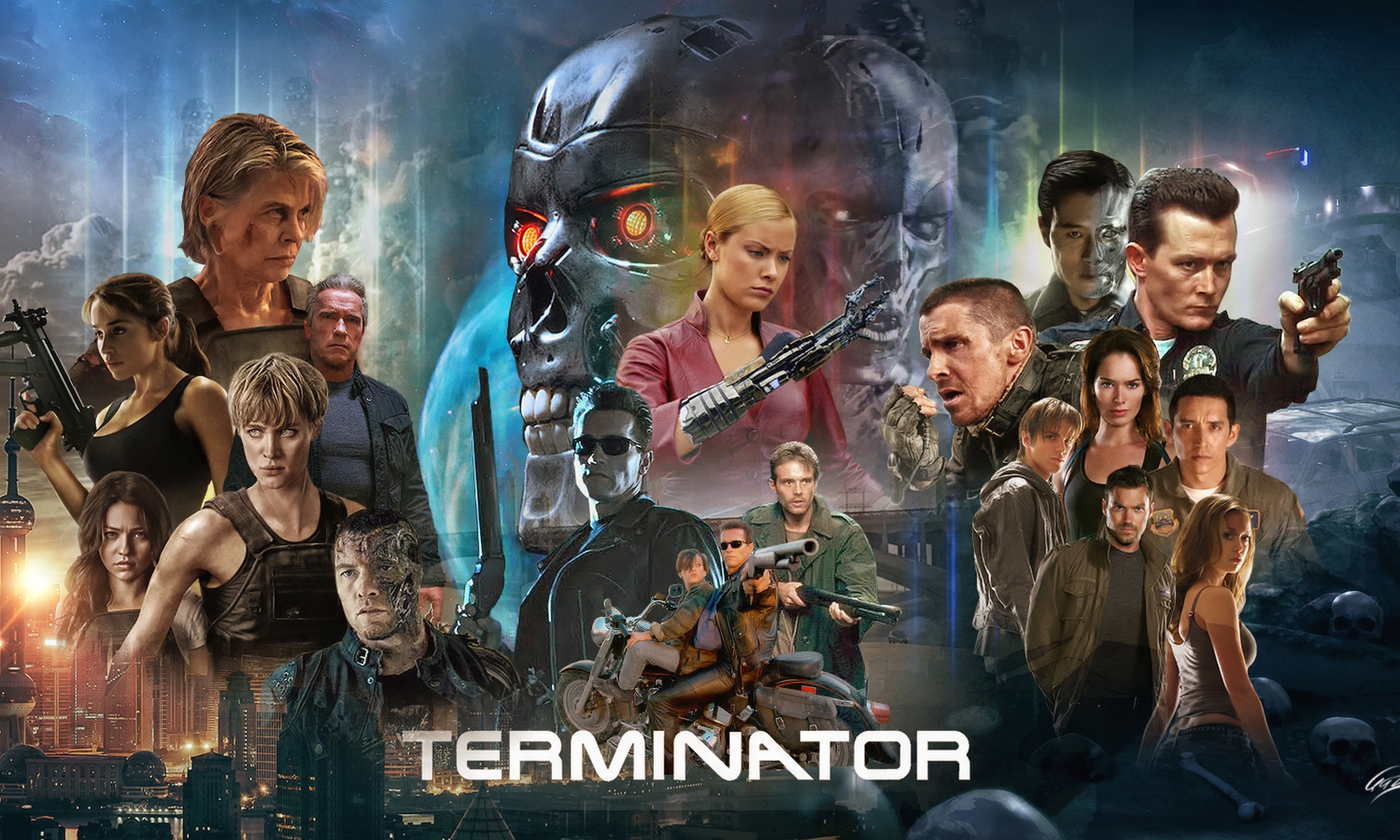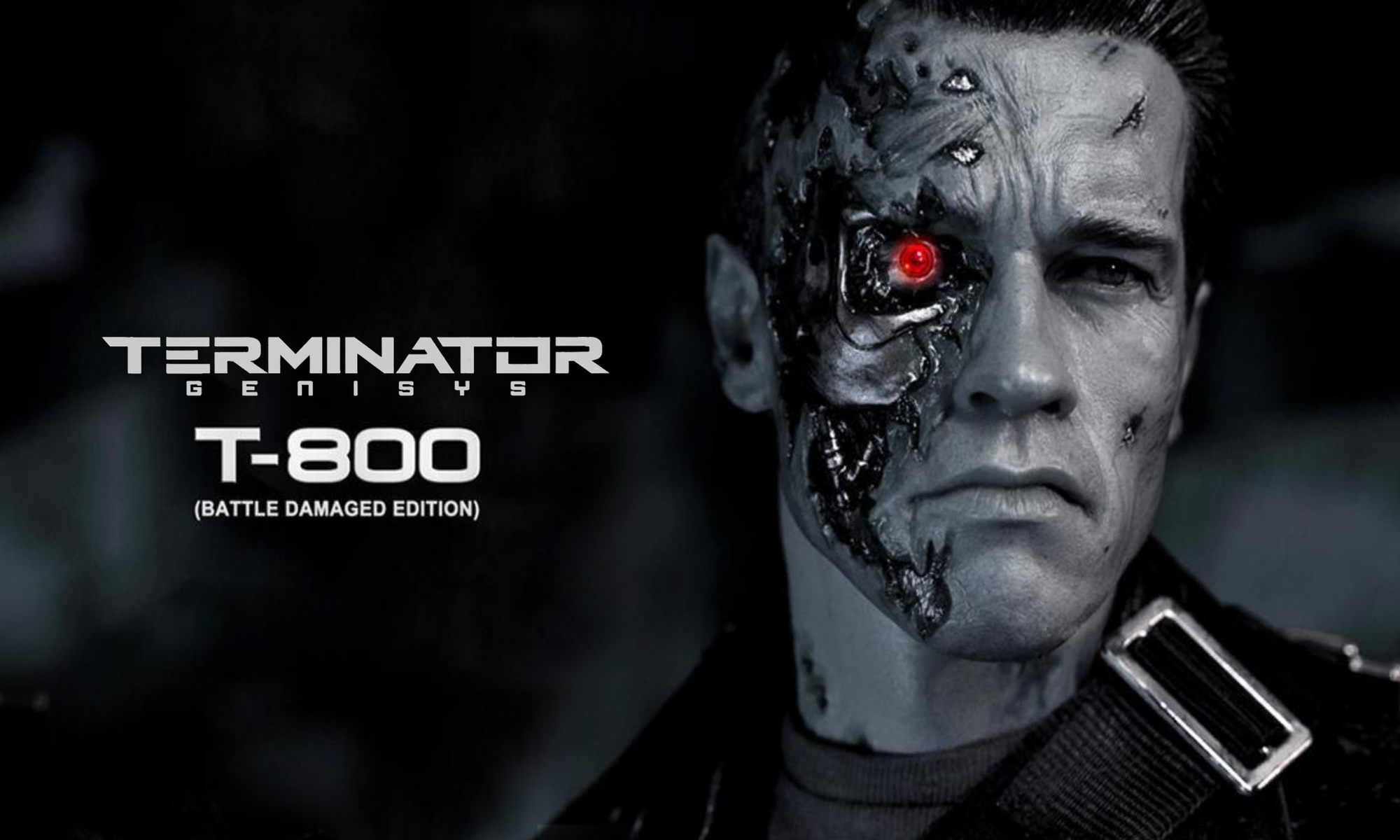At the United Nations, Arnold takes the podium a second time, his voice booming with the mix of urgency and charisma only he can deliver. The chamber is hushed—world leaders, ambassadors, and scientists lean forward, sensing something historic.
Arnold’s Second UN Speech
“Excellencies, brothers and sisters of Earth,
Last time I stood here, I told you that our greatest enemy is not each other, but the fear and weapons we point at one another. Today, I come with a vision, and this vision is bigger than any one nation.
For decades, we have built thousands of nuclear missiles—not for exploration, not for creation, but for destruction. They sit in silos, pointed at shadows of enemies, waiting to burn our world. This is madness. But listen to me now: we can turn this madness into greatness.
I propose that we dismantle these missiles—not to throw them away, but to transform them. Their titanium, their alloys, their engines—these can become the bones and muscles of something far greater: a starship. Not a ship of war, but a ship of peace. A vessel built by all nations together, to leave Earth not in conquest, but in unity.
Our destination: Alpha Centauri, our nearest star system. It is 4.37 light-years away. For the first time in history, humanity will not just look at the stars, but reach for them.
And this ship must be powerful, resilient, and visionary. We will give it multiple forms of propulsion. Nuclear thermal engines, plasma drives, ion propulsion—but also, a solar sail: a great mirror spanning kilometers, catching the light of our Sun like a wind in the cosmic sea. This sail will push us, slowly at first, but steadily, with the power of the universe itself.
Imagine it: what was once a warhead, meant to destroy cities, now becomes part of a great silver sail, catching starlight. What was once meant to split atoms in rage, now carries us forward in hope.
I am not naïve. This mission will take decades, perhaps generations. But listen carefully—when nations build weapons, they do so with infinite budgets, urgency, and secrecy. Let us apply that same urgency to peace. To exploration. To survival.
We can be remembered as the first species to escape its cradle, not the last species to die in it.
So I say to you, leaders of Earth: Come with me if you want to live. Not just live, but thrive. Let us build this ship together. Let us sail to Alpha Centauri. Let us unite not in fear, but in destiny.
Thank you.”
The chamber erupts in applause—some stunned, some skeptical, some inspired. But Arnold has planted the vision: humanity’s nukes reforged into the wings of a starship.


